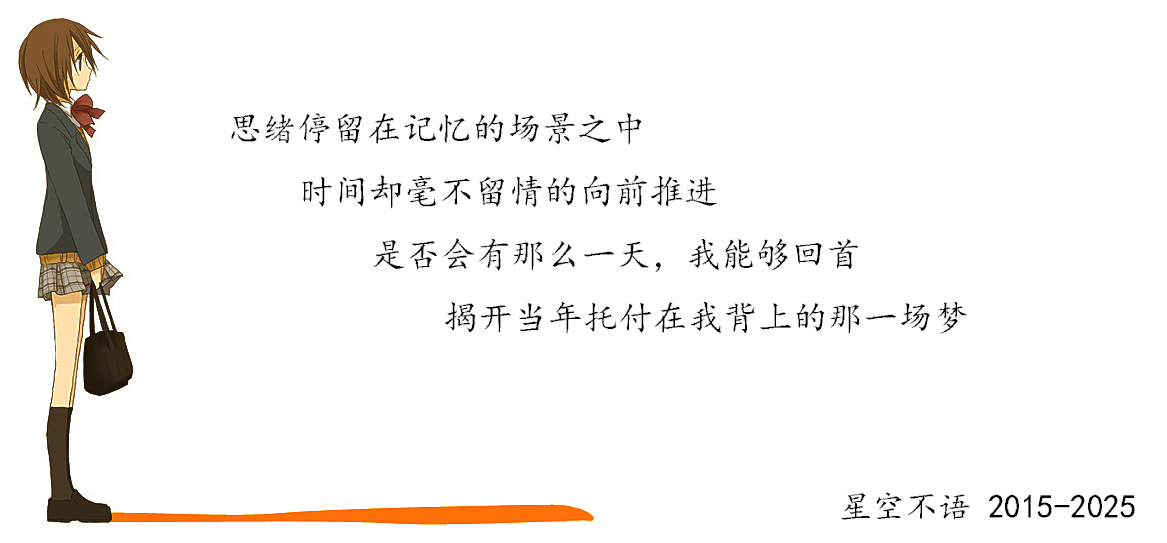[Unity3D]通用物件池類ResourcePool
阿新 • • 發佈:2019-01-06
通用物件池,使用時會將常用的物件至於池頂,如果設定了池的大小,超出池的未經常使用的物件將被移除,並且執行回撥,可在回撥中對移除物件進行其他操作。
可對壓入的物件進行命名,通過名字來進行查詢和刪除。
原始碼
using System.Collections;
using System.Collections.Generic;
using System;
using System.Linq;
namespace XM.Tool
{
public class ResourcePool<T> : IEnumerable<ResourcePool<T>.ResInfo> where 使用方式
using System.Collections.Generic;
using UnityEngine;
using XM.Tool;
public class Test : MonoBehaviour
{
//物件池
ResourcePool<GameObject> _pool;
void Start()
{
//初始化
_pool = new ResourcePool<GameObject>(OnRemove, 5);
}
private void OnRemove(List<ResourcePool<GameObject>.ResInfo> objs)
{
//銷燬移除的物件
foreach (var obj in objs)
{
//是否存在
if (obj.HasRes())
{
//銷燬
Destroy(obj.res);
}
}
}
public GameObject GetObj()
{
GameObject obj = null;
//優先從pool中獲取
obj = _pool.PopExt();
if (null == obj)
{//否則建立
obj = new GameObject(Time.time.ToString());
}
else
{//啟用物體
obj.SetActive(true);
}
return obj;
}
public void RecycleObj(GameObject obj)
{
//禁用物體
obj.SetActive(false);
//置入pool中,等待複用
_pool.Push(obj);
}
//當前回收的物件名字
string _recycleObjName = "";
public void OnGUI()
{
//建立物件
if (GUILayout.Button("Create Obj"))
{
GetObj();
}
//回收物件
_recycleObjName = GUILayout.TextField(_recycleObjName);
if (GUILayout.Button("Recycle Obj"))
{
GameObject obj = GameObject.Find(_recycleObjName);
if (null != obj)
{
RecycleObj(obj);
}
}
//清理物件池
if (GUILayout.Button("Clear Pool"))
{
_pool.Clear();
}
}
}

